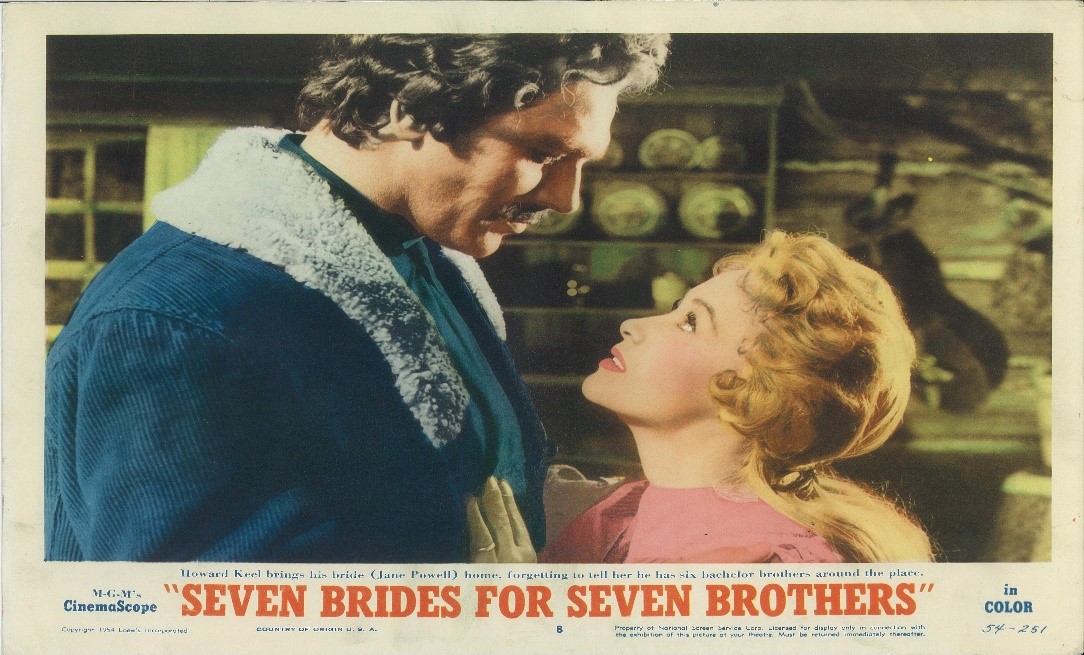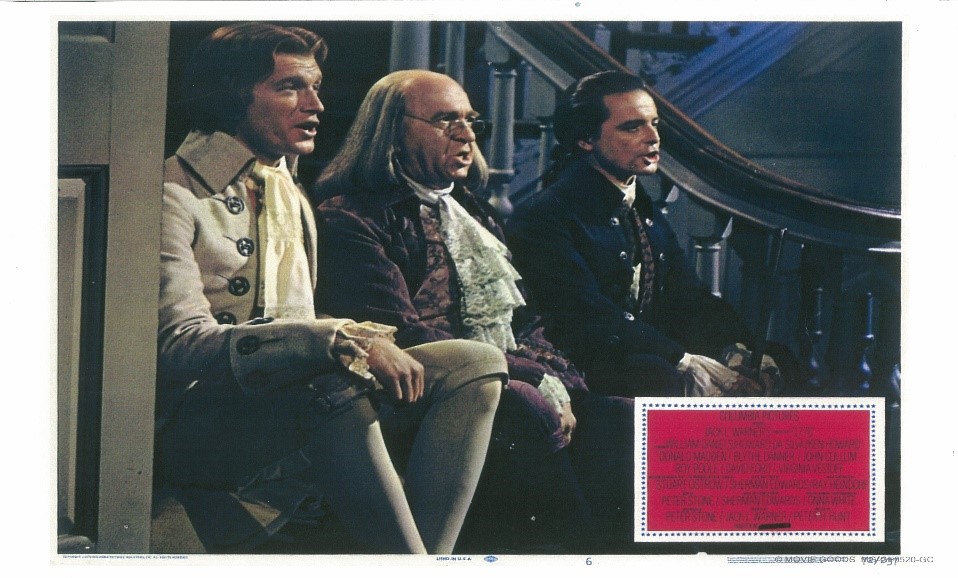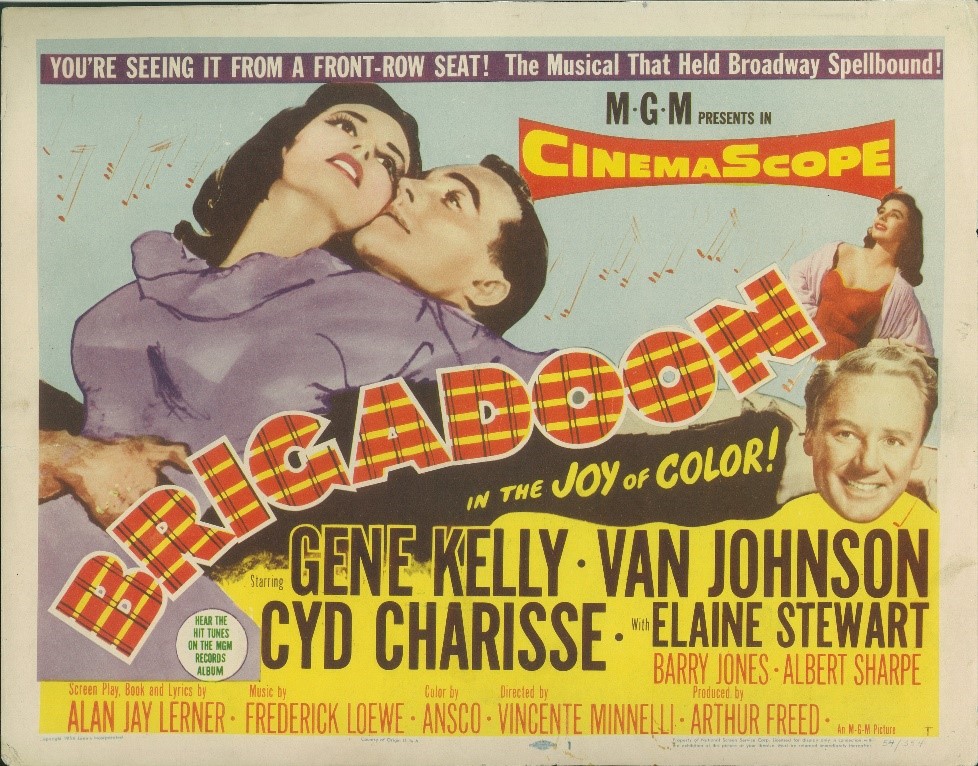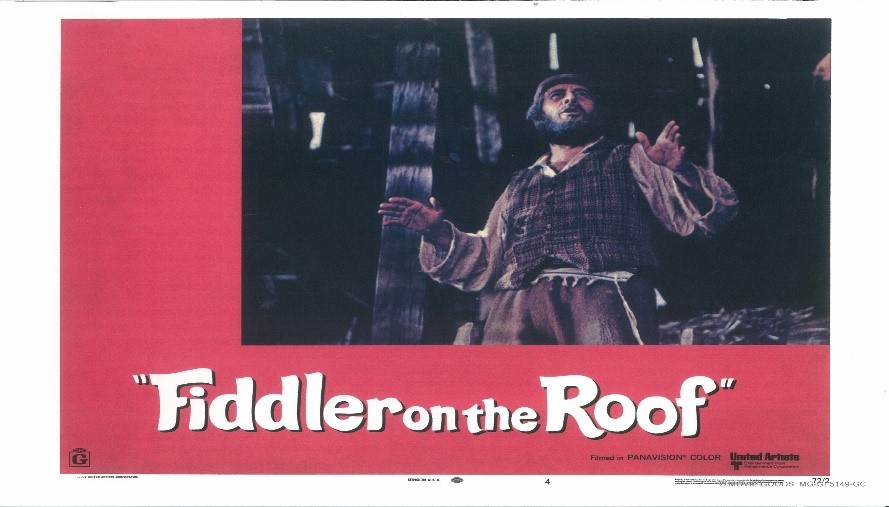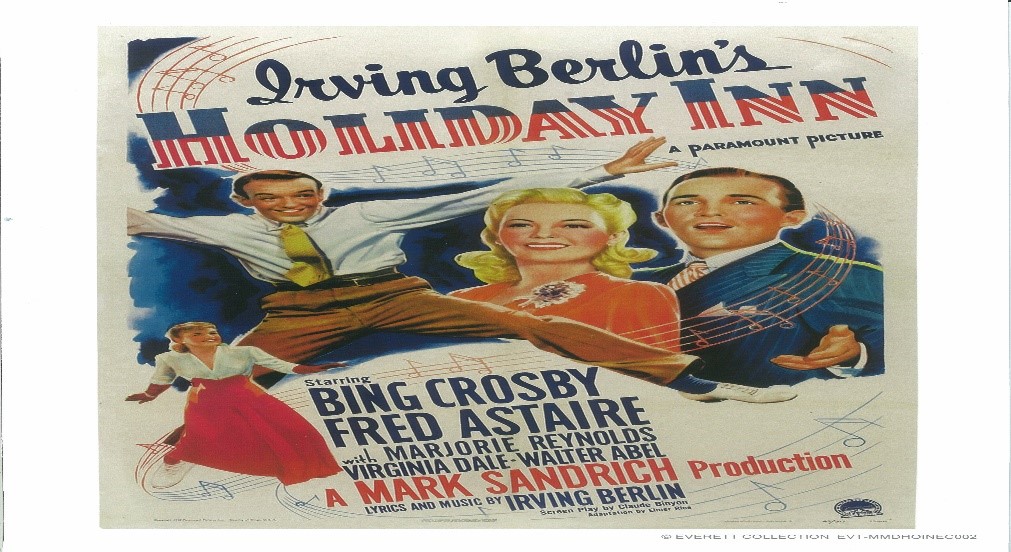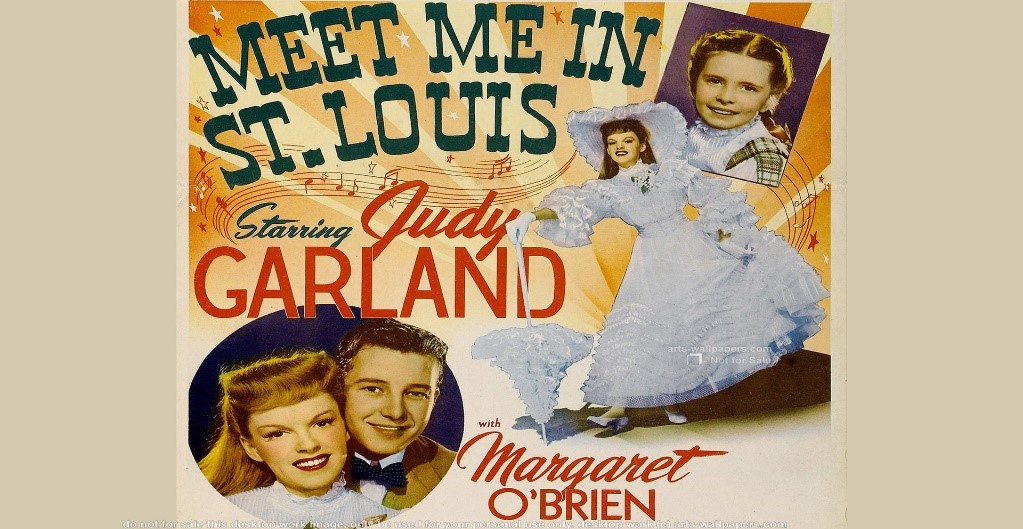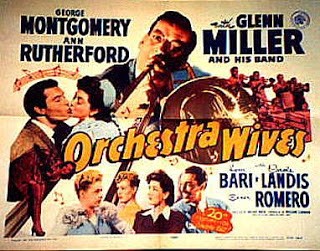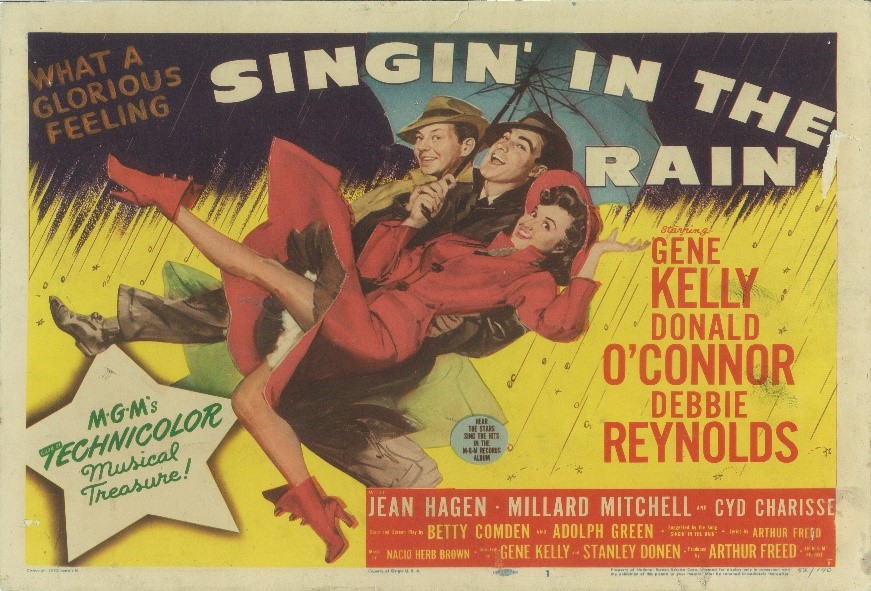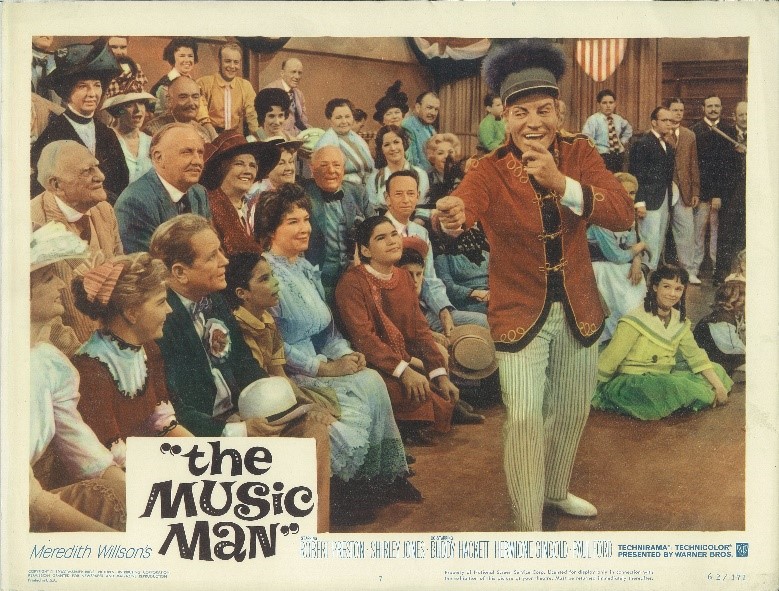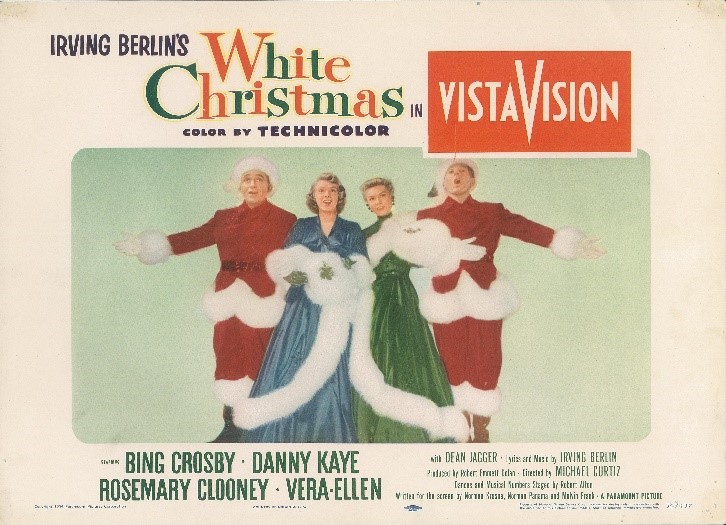From a cognitive standpoint the rationale for using reminiscence therapy with individuals with dementia is based on the theory that function is improved by decreasing the demands on impaired cognitive abilities and capitalizing on preserved ones. Because individuals with dementia in the early to moderate stages, have greater preservation of remote as compared to recent autobiographical memory (Greene and Hodges, 1996, Kopelman 1985), researchers have hypothesized that talking about previous life events would result in enhanced communicative ability between older adults and their communication partners (Woods, Spector, Jones, Orrell and Davis, 2005.) Reminiscence can be evoked through verbal means, often prompts such as music, pictures and sounds are used to facilitate reminiscence. SLP's may use reminiscence to promote engagement in daily life activities and to minimize social isolation by encouraging interaction. (Kim, E.S. et al; 2006)
"...many people with neurological damage learned to move better, remember more, and even regain speech through listening to and playing music." (Tomaino, 2013)
"When someone is engaged in an activity that is meaningful, it involves regions of their frontal cortex that stimulate short-term memory and attention. Then if you can hold someone's attention long enough with something that is meaningful, the very mechanisms that are breaking down in someone with dementia are actually being enhanced and activated." (Tomaino, 2012)
"In dementia care the benefits of reminiscence are found in its application as a communication aid . It is proposed that talking about the past and reliving life events can support the individuals self-esteem and identity and enable the individual with dementia to utilize retained memory ability." (Biernacki, Claire, 2007).
Movies and Music utilizes these principles. Success is demonstrated in clinical practice.
Biernacki, Claire (2007) Dementia Metamorphosis in Care West Sussex, England: Jon Wiley & Sons, Ltd
Doody R.S., et al (2001) Practice Parameter: Management of Dementia (an evidenced based review): Report of the Quality Standards Subcommittee of the American Academy of Neurology. Neurology, 56. 1154-1166.
Kim, E.S. et al; Evidenced Based Practice: Recommendations for Working with Individuals with Dementia: Group Reminiscence Therapy; Journal of Medical Speech-Language Pathology 2006, (14) 3 pp. xxiii- xxxiv.
Taylor-Goh, Sylvia (2005) RCLST- Clinical Guidelines. London, England: Speechmark Publishing, Ltd
Tomaino, C (2012, November). Mending the Brain through Music; Dementia Today; retrieved from http://www.dementiatoday.com
Tomaino, C (2013, April 2). Dementia Therapy and Music. A Place for Mom. Retrieved December 3, 2013, http://www.aplaceformom.com/senior-care-resources/articles/dementia-therapy-and-music.

